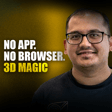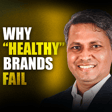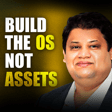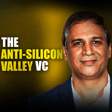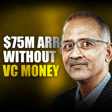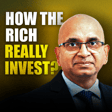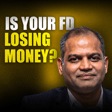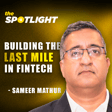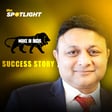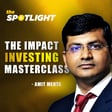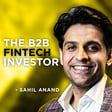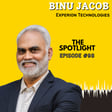
Solving Healthcare Affordability Crisis | Aditya Sharma (Affordplan)
"The journey of reduction in health care costs is not the responsibility of the hospital on its own, it's also the responsibility at the patient level."
Aditya Sharma, CEO and Co- founder of AffordPlan, is tackling the critical issue of healthcare affordability in India. From his unique perspective as an investor-turned-founder, he's driving a purpose-led mission to reduce out-of-pocket healthcare expenses for millions. AffordPlan partners with hospitals to offer a blend of micro-insurance, loans, and wellness programs, making essential healthcare services more accessible and financially manageable for patients.
Key Insights from the Conversation:
👉 Healthcare Affordability Focus: Afford Plan's central mission is to alleviate the financial burden of healthcare on Indian families.
👉 Integrated Hospital Partnerships: The company's success relies on close collaboration with hospitals, integrating their services into existing healthcare systems.
👉 Financial Tools for Patients: Micro-insurance and loan options are strategically bundled to reduce immediate and long-term healthcare costs.
👉 Beyond Traditional Loyalty: Afford Plan's program offers tangible financial benefits, creating a sustainable relationship between patients and hospitals.
👉 Purpose-Driven Entrepreneurship: Aditya's approach emphasizes social impact, aligning business goals with the critical need for affordable healthcare.
👉 Strategic Turnaround Experience: Valuable insights into navigating a company turnaround, highlighting the importance of adaptability and decisive action.
👉 Investor's Perspective on Founding: Aditya discusses how his investment background shapes his strategic thinking and risk management.
👉 Emerging Healthcare Opportunities: He identifies wellness and AI as key areas for innovation in the Indian healthcare sector.
#HealthcareAffordability #AffordPlan #FintechIndia #HealthTech #MicroInsurance #IndianHealthcare #PatientFinance #HealthInnovation #StartupIndia #SocialImpact #HealthcareCosts #HealthWellness #AIHealthcare
Disclaimer: The views expressed are those of the speaker, not necessarily the channel.
